DEM Party to be more visible in western Turkey, says co-chair
In an interview with Duvar, pro-Kurdish DEM Party co-chair Tuncer Bakırhan said they would be more visible in the western provinces in the upcoming period. He also commented on the verdicts given in the Kobanê case and said the so-called “normalization” process, mentioned by President Erdoğan, excludes Kurds.
Nergis Demirkaya / DUVAR
Turkey’s pro-Kurdish Peoples’ Equality and Democracy (DEM) Party co-chair Tuncer Bakırhan gave an interview to Gazete Duvar on May 24.
Bakırhan said they would be more visible in the western provinces in the upcoming period.
Commenting on the verdicts given in the Kobanê case, Bakırhan said the so-called “normalization” process, mentioned recently by President Recep Tayyip Erdoğan after the AKP's local election defeat, excludes Kurds.
Below is the full translation of Bakırhan’s interview.
High sentences were given in the Kobanê case. How do you evaluate these sentences coming at a time when the normalization process is being discussed?
We have said from the beginning that Kobanê is not a legal case, but a political one, and so are the verdicts. The fact that the Kurds are being punished with a political trial has made it clear that they exclude us, and that they have no such intention (as normalization). The fact that this coincides with the so-called “normalization” process means “Kurds are excluded.” I think the state refers to the search for normalization with the Republican People’s Party (CHP).
How will this affect your roadmap for the new period?
We come from a political tradition that already works on many sides. On the one hand, there are festivals, on the other hand, there are demonstrations and rallies. The Kobanê verdicts sharpened us a bit more. There were discussions at the grassroots level about whether the AKP would shift its course to a more democratic platform after its local election defeat. The verdicts eliminated those expectations. It also clarified the minds of our friends who had this thought in their minds. We will not let it go, we will carry out very intensive work in the national and international arena.
What are you going to do?
In many countries, meetings will be held with organizations on democratic grounds, political parties, and government sources with whom we are in contact. Our approach to the case and our demands will be translated into many languages. Internally, we will try to explain this issue to the widest segments of the population through meetings and rallies. (The government) created a perception of (us as) murderers and looters. But it turned out that it was neither a murder nor a looting. It is a case that everyone should be completely acquitted. They invented a crime called "aiding the crime of disrupting the unity of the state and the integrity of the country." No one has been sentenced under such an article. It should be overturned in the appeal process.
In his first assessment, President Erdoğan referred to the events of Oct. 6-8 and said, "Justice has been served." What does this statement mean despite the acquittal on these charges?
I think the Presidency is not following it enough, and the President did not look at the verdict of the court. Yasin Börü and other allegations are not in the verdicts. They have been processing this perception for 7-8 years. We will try to destroy this perception. Not only for Kobanê; we will also organize events and panels that will cover all cases such as Gezi, Soma, Suruç, and Oct. 10 bombing.
Harsher statements came from the MHP regarding the Kobanê case. They called for the closure of the DEM Party and the stripping of parliamentary immunities. Do you see a difference in tone in the statements of the two sides (AKP-MHP), and if so, why?
The MHP is a spoiler in Turkey. This is its whole role and mission. If there is something to be said and a step to be taken in a democratic sense, it makes its stance clear. I think the MHP is fulfilling its mission.
Bahçeli constantly gives instructions to the judiciary in his parliamentary group speeches. I wish there was a democratic judiciary that could put everyone on a scale and judge them. We are ready. I have been in this for 34 years, they tried me over the same things over and over again, but nothing happened. It is understandable for us, but not very understandable, that a political party that is hand in hand with mafia organizations, a political party that pardons their prisoners and uses the power of the judiciary in this regard, mentions the DEM Party 24 hours a day.
We hear nothing but punishment and evil from the party that is constantly threatening. We have seen what normalization is, but the AKP also needs to decide now. The government has a difference in discourse. One (the AKP) says they have been punished, the other (the MHP) says this is not enough.
Is this a rift? Can it be 'good cop-bad cop'?
It reflects a tension. In the Van case, there was a big gap between the discourse of very important AKP and MHP figures. There is a tension and I think this partnership is not going well. I don't know where it will evolve, but I think it would be useful to evolve.
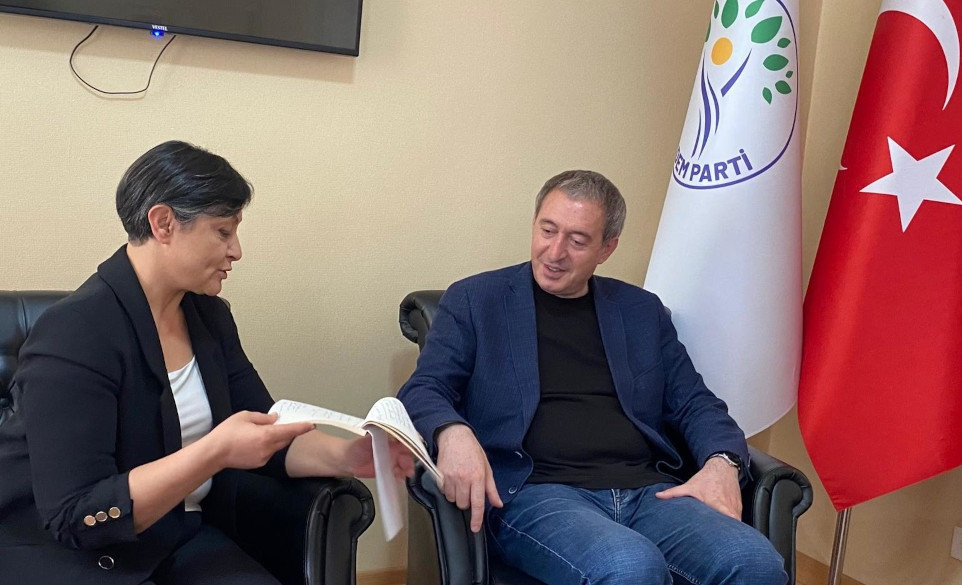
Former HDP co-chair Selahattin Demirtaş criticized his party and talked about political “ticks” in his statement after the verdicts of the Kobanê case were announced. You visited Demirtaş recently. Did this issue come up during the meeting, what did you discuss?
During the meeting, we mostly talked about the Kobanê case and what to do. We talked about building the coming process together in solidarity. -Please don't take this as a reference to his remarks- We are a party where many of our valuable friends went through prison. We can take this process forward with a common mind and a common spirit with our friends both behind bars and outside. This was also expressed by Figen Yüksekdağ and Selahattin Demirtaş. Both prisons and outside are areas of struggle. We need to come together more strongly.
Did Demirtaş have any suggestions for the new period?
We will have a stronger dialog and contact with our friends in prison. We will carry out our joint struggle together. The public will also see this. The fact that they are in prison should not mean that they are politically inactive, we do not consider them as such. We are partners in a common struggle.
We tried to do something within the limits of our conditions and means. We are conscientiously clear about this. Hundreds of our friends have been detained and arrested for the last two days. We do not have easy political conditions. It is not immediately possible to mobilize our real potential. But we are trying to break this. Our friends have suggestions and criticisms. They are right, we agree, we need to do more. The most important outcome of our meetings is to act together.
After March 31st local elections, we entered a 4-year period without elections. What kind of a road map do you have?
One, we will organize; two, we will expand our alliance. We have reached a limit in Kurdistan in this field. In the coming days you will see us more in the west. Our paradigm is not a paradigm that will fit only in Kurdish provinces. Our party has had a serious expansion opportunity in the last period. With the urban consensus, with the reflection of the people's will in the government. We have the most principled and conscious base in the country. These are a great advantage.
The issue of what we will do in the new period is important. Rest assured, we will be in Manisa, Bursa and Edirne more. We will stand side by side with the poor and the retired, and we will do politics with an attitude and approach that breaks the current perception.
Despite fielding candidates in the west, you received lower votes compared to the previous election. Istanbul is the most striking example. Do you think your voters opposed your decision, how do you interpret this attitude?
They are trying to usurp our will by bringing illegal voters in many cities. They put our will in prison and filed a (party) closure case. Now, would a Karsite or Ardahanite living in Istanbul want a government that brings illegal voters to win? Our people acted strategically in line with our discourse.
If Kılıçdaroğlu remained the CHP leader, our strategy would have been different. We would remind his protocol with Ümit Özdağ. If the AKP had not taken illegal voters, the balance would have been different. Therefore, AKP should first question itself. They lost Turkey to take three or four Kurdish cities. They lost Bursa and Balıkesir to take one Kars. Kurdish voters are not going anywhere. They did not embrace the AKP, they voted elsewhere because they wanted the AKP to lose.
Did you get the result you wanted in the local elections?
I think we are so successful.
How do you evaluate the "normalization-softening" debates that started after the elections?
Would it have been like this if the AKP had succeeded? The balance of power has shifted, changed, and this has changed the climate. Something has happened for the good of Turkey. The AKP cannot continue like this. It will have to change the constitution. Because it does not want to give this (presidential) authority to another party's candidate in the next elections. What will he do if trustees are appointed to his assets and Bilal Erdoğan's ships with a decree law?
They have to change it even if we say we don't want to. The local election results are not the result of a tidal wave. They are the result of the poverty and injustices created by the AKP. In the previous local election for Ankara, they were saying, "If CHP comes, it will cut aid." On the contrary, (the CHP) increased the aid. Imagine that this continues exponentially with new municipalities. The new voters are mostly young and Kurdish. This is the same in Afyon and Hakkari. Young and Kurdish. I think they don't take this into account. So this continues exponentially. The AKP has zero chance of continuing with yesterday's approach.
We have been following a polarized politics for many years. Could Erdoğan get even tougher?
This concern exists in Turkish society. But the AKP is now Turkey's second party. In the case of Van (the refusal to give the mayorship to DEM Party’s candidate), the attitude of the actors within the AKP was more democratic than that of the main opposition party. We saw the statements of Hayati Yazıcı and Hüseyin Çelik. Only if Erdoğan presents a more inclusive approach instead of a monist-Turkist approach, people will think. They might say, "Look, he has learned a lesson, he is taking steps, he is changing." oppressor does not pay anymore. It is the people who decide now, not Erdoğan.
You mentioned a work on justice and poverty. What kind of work will it be?
As a party, we will base our line of struggle in the coming period on the fight against poverty and the pursuit of justice. Turkey's most important issues are poverty and justice. Even people earning an average wage cannot afford basic foodstuffs.
(English version by Alperen Şen)

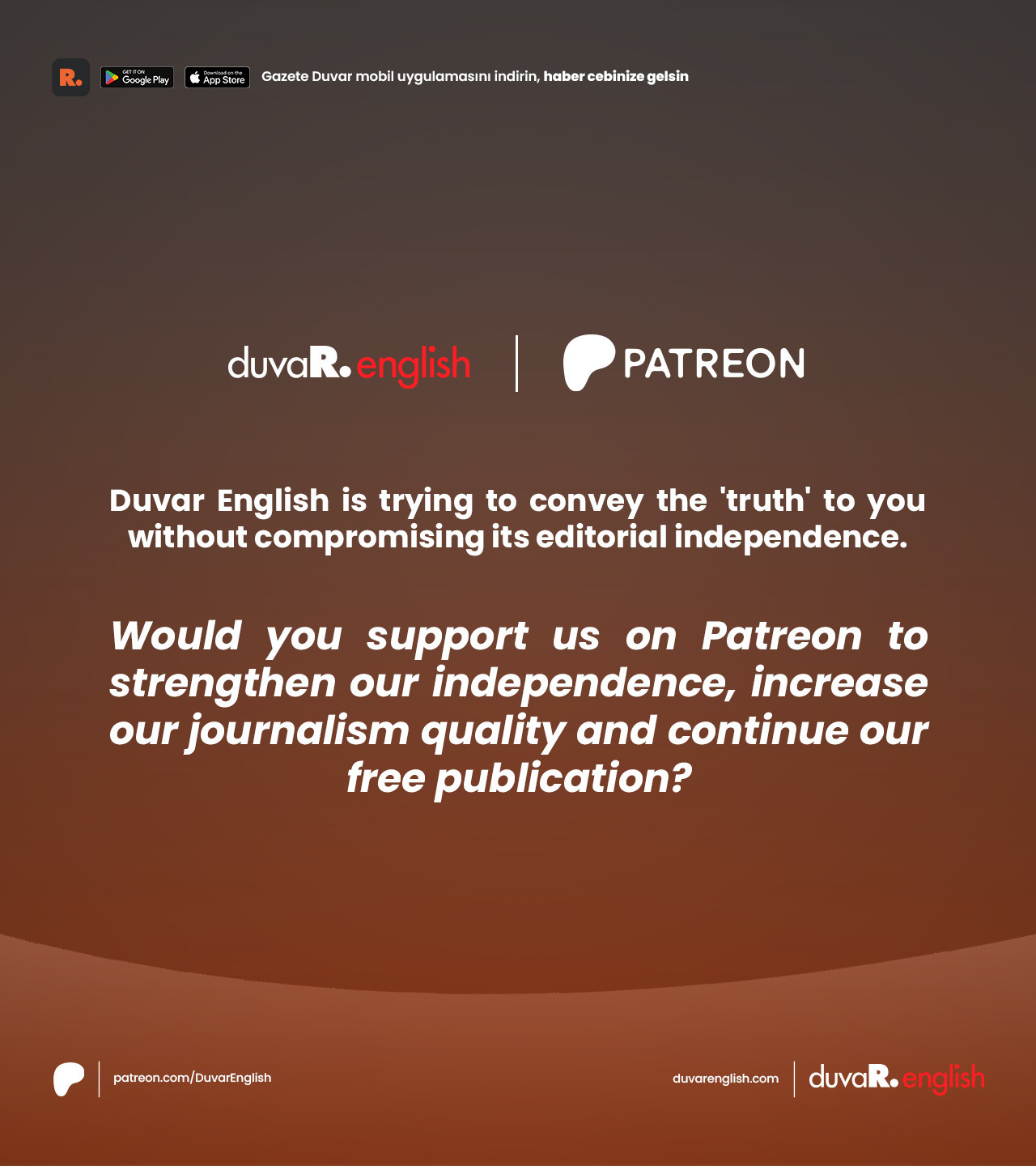
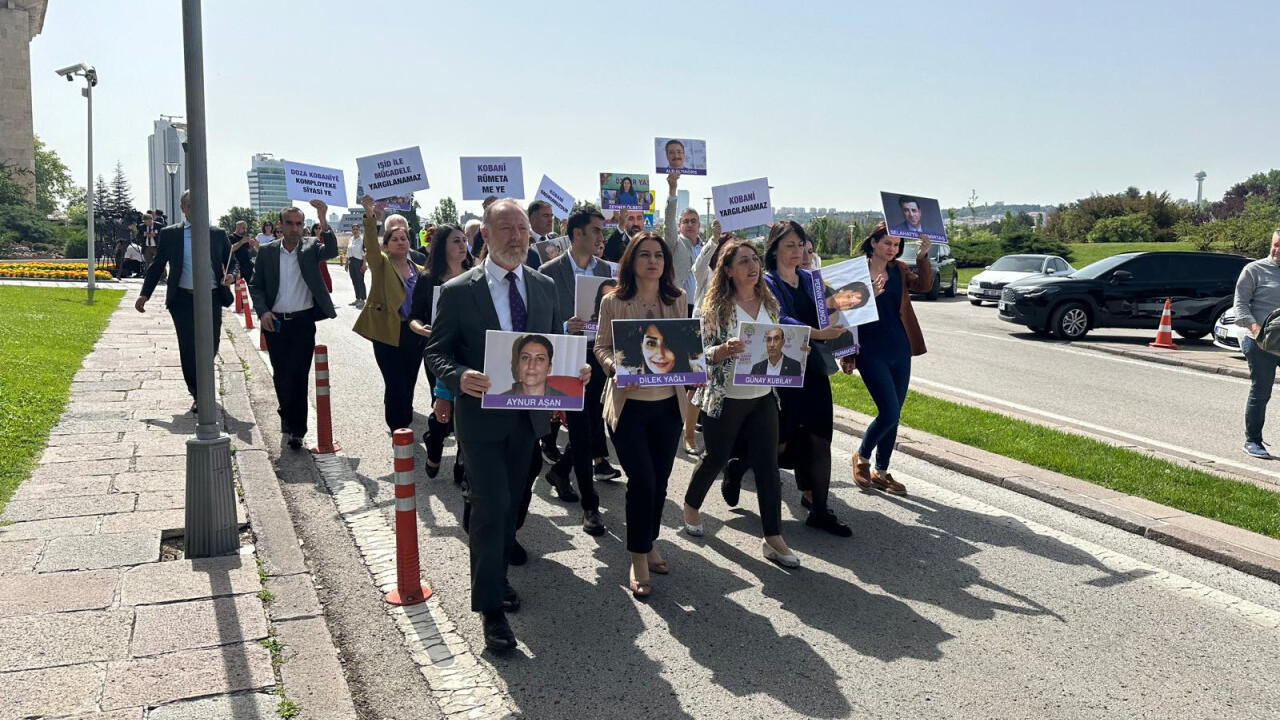 DEM Party MPs march to the Justice Ministry in protest against Kobanê case verdictPolitics
DEM Party MPs march to the Justice Ministry in protest against Kobanê case verdictPolitics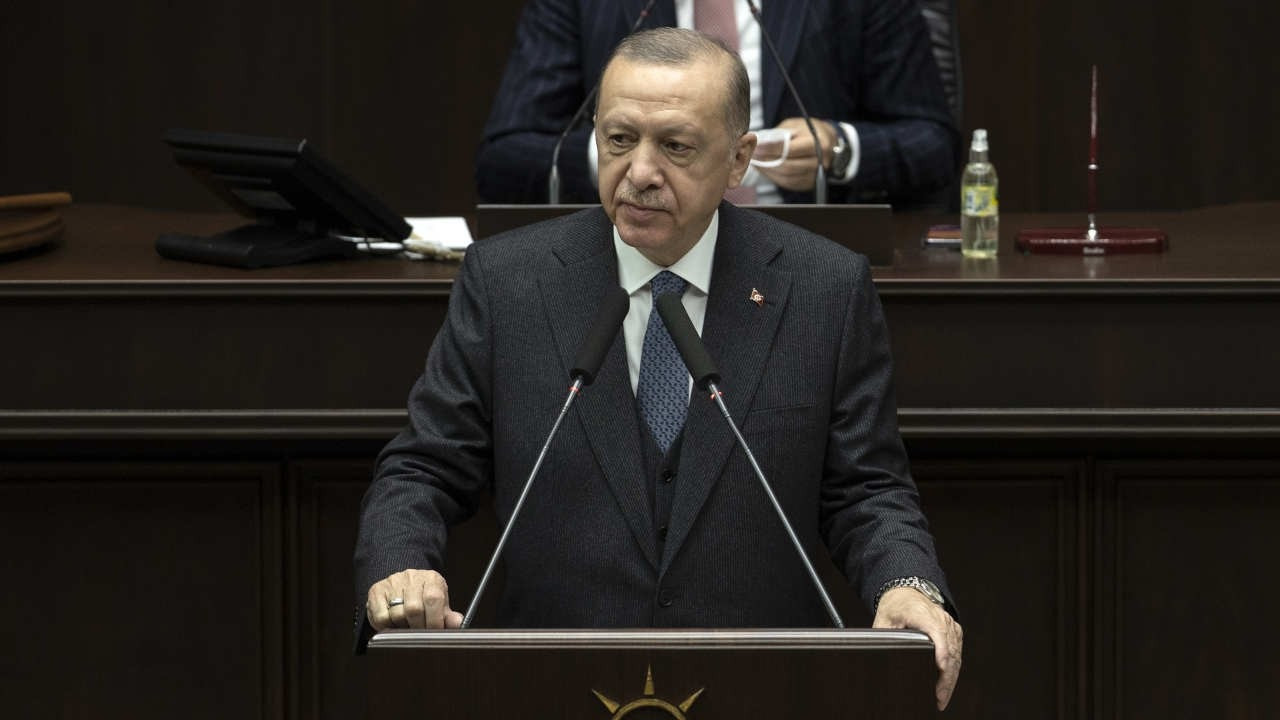 Turkish President Erdoğan says Kobanê sentences ‘put minds at ease’Politics
Turkish President Erdoğan says Kobanê sentences ‘put minds at ease’Politics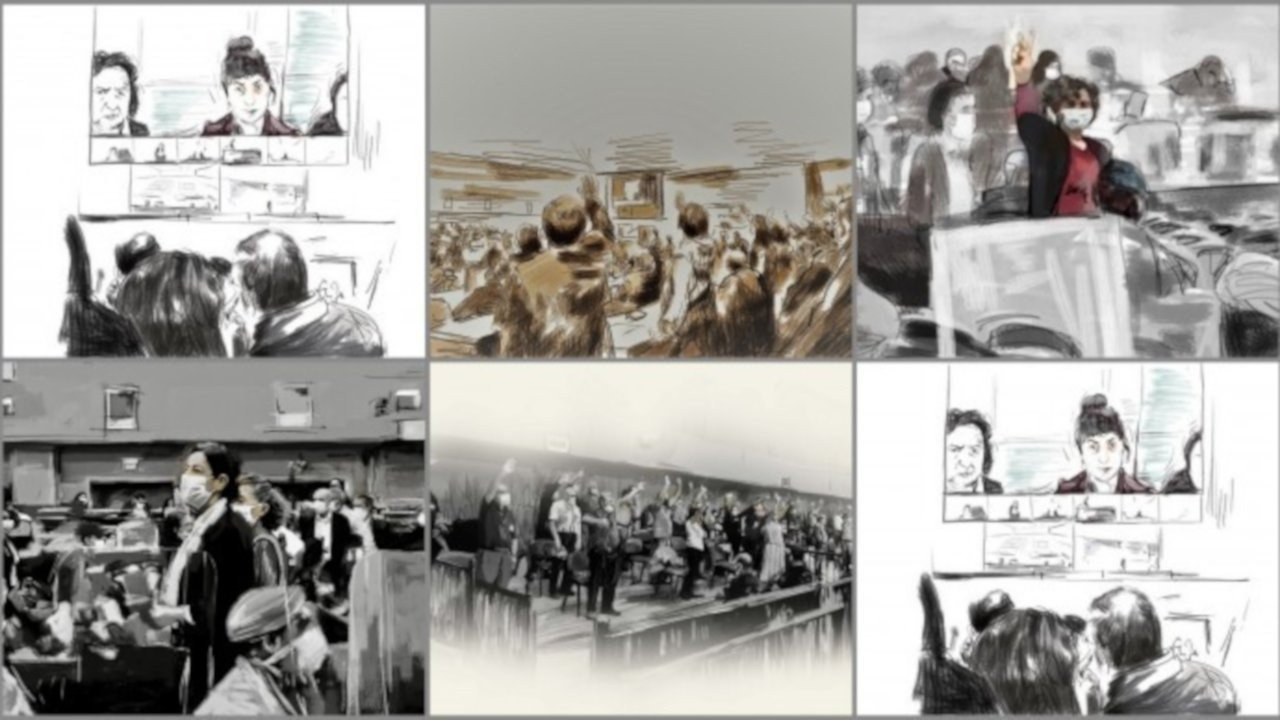 Turkish court gives jail sentences to several Kurdish politicians in Kobanê case, Demirtaş receives 42 years in totalPolitics
Turkish court gives jail sentences to several Kurdish politicians in Kobanê case, Demirtaş receives 42 years in totalPolitics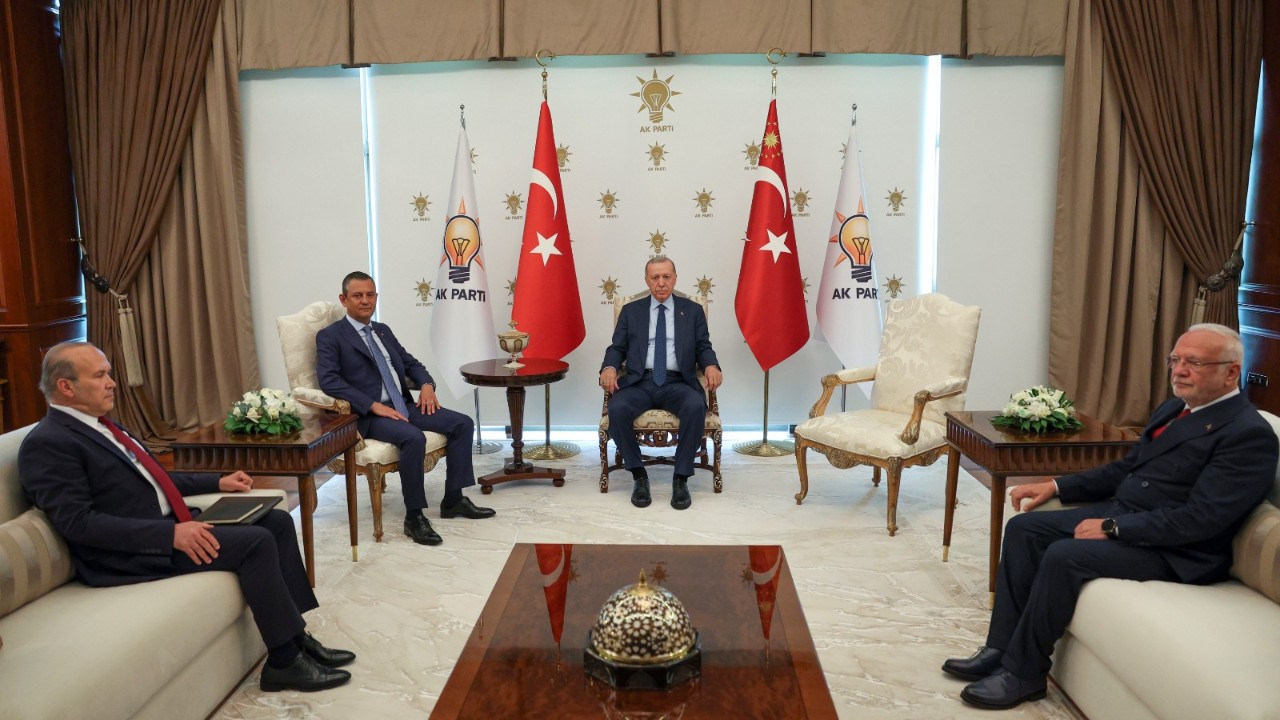 Erdoğan to pay return visit to CHP, says Turkey needs political softeningPolitics
Erdoğan to pay return visit to CHP, says Turkey needs political softeningPolitics